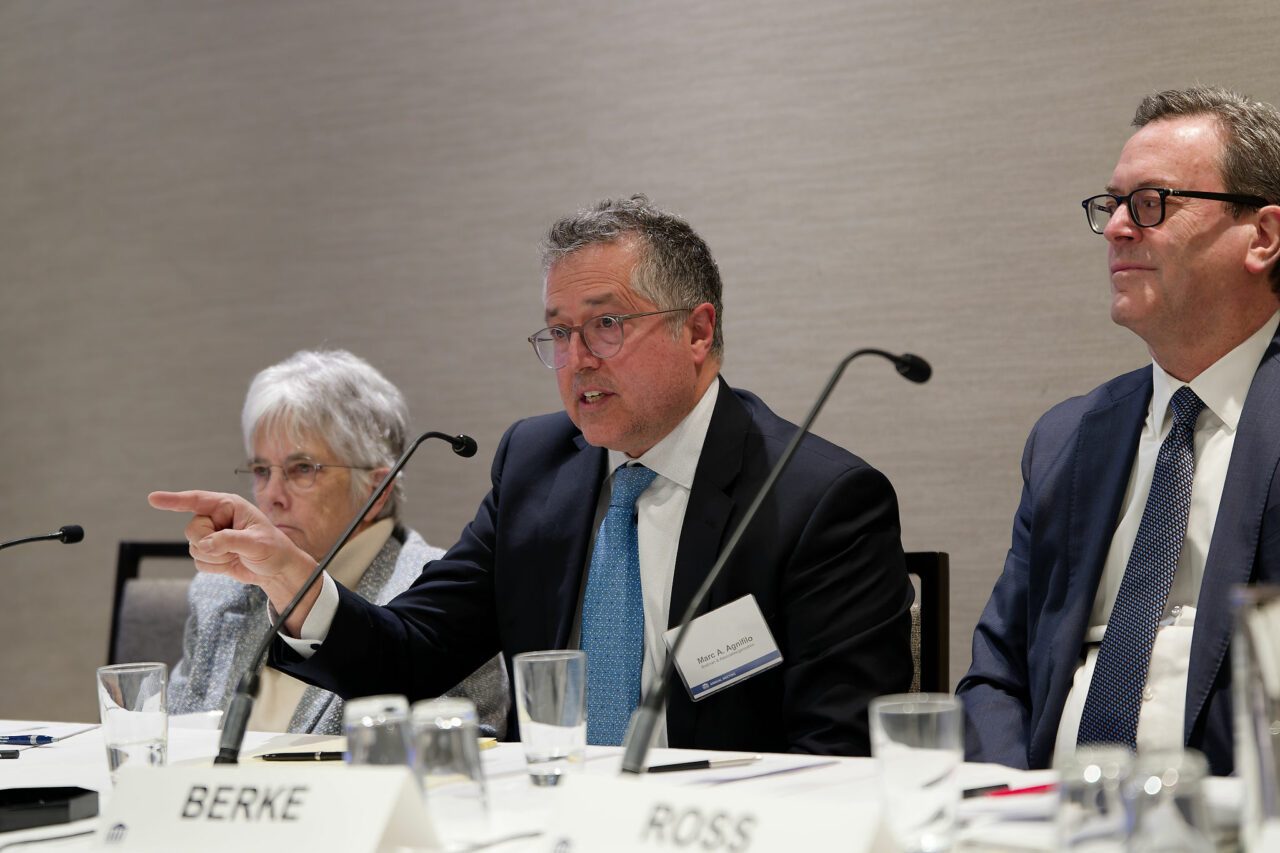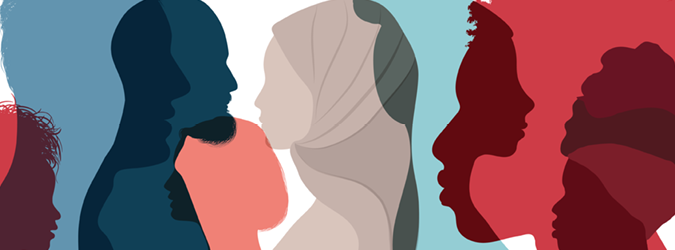Dealing with Implicit Bias During Jury Selection
2.2.2023
Implicit Bias. It’s an issue we discuss often, but what does it mean in the context of choosing a jury?
The Criminal Justice Section held a panel during Annual Meeting to discuss how implicit bias should be handled during voir dire. With recent changes to jury instructions including a mandatory video presented to prospective jurors, how should lawyers — who are hampered by time constraints and a limited number of challenges — deal with this difficult issue during jury selection?
The panel included Special Narcotics Prosecutor Nigel Farinha and and past NYSBA President Seymour James. They were joined by Acting New York County Supreme Court Justice Daniel Conviser, and the panel was moderated by Justice Cheryl Chambers of the Appellate Division, Second Department.
Who Brings Up the Issue of Implicit Bias in Voir Dire
The panelists agreed that discussing the topic of implicit bias prior to the start of voir dire is a good strategy. Farinha says if all sides agree on a road map and set the right tone, “early engagement with the judge as a neutral arbiter is best.” Farinha and James agreed that if the judge introduces the topic to potential jurors, it takes the heat off the lawyers and may be better received.
Justice Conviser reminded the attendees that implicit bias is a lifelong, subconscious, learned behavior. “We all think of ourselves as fair people,” he said. “But [implicit bias] is not a conscious view but an ingrained prejudice.” Justice Chambers agreed, saying most jurors want to do the right thing, but often the people chosen for juries are those who did not communicate their feelings during questioning.
Tell Your Own Story
In discussing strategies in the voir dire, James encouraged fellow attorneys to tell potential jurors about their own experiences with bias. It will help the jurors understand the issue and relate to the lawyer before the lawyer begins to delve into jurors’ implicit biases.
Farinha agreed, saying it is impossible for people to divorce their life experiences– such as past encounters with police — from their work as jurors. As the special narcotics prosecutor, Farinha’s cases are often based on an undercover drug buy using police. “If evidence [in my case] is from the police, “he says, jurors may be “unconsciously skeptical of that evidence collected through police work in the wake of George Floyd. Prosecutors have to explore implicit bias. Until we examine the issue and lay it bare, that is how we get to the other side.”
Justice Chambers closed the panel by encouraging everyone to take an online implicit bias test such as the one provided by Harvard University. “It will change your perception of yourself,” she said.






